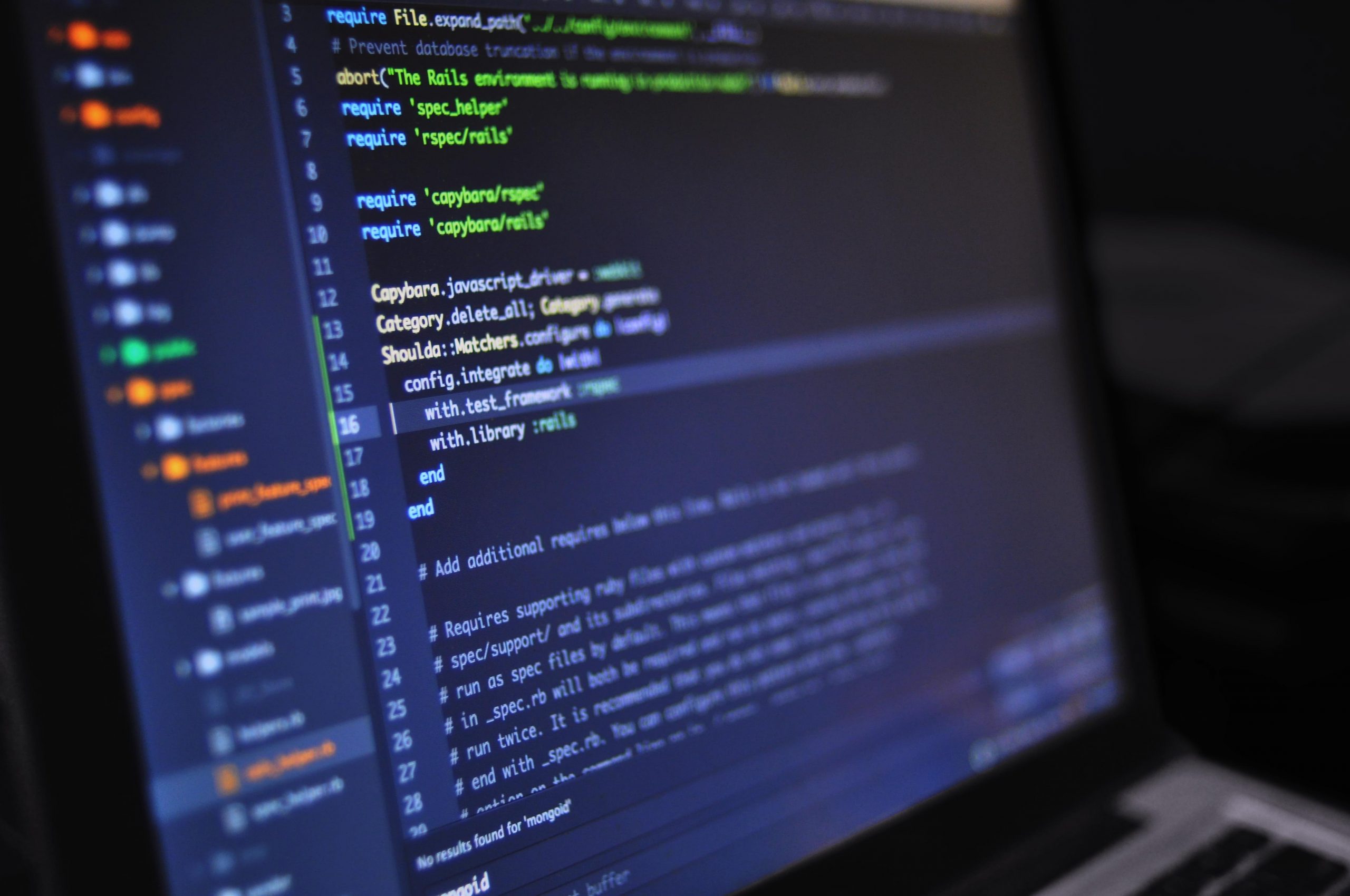A software license is the permission to use a particular piece of software. The owner of the software grants it to users.
Rooted In Copyright Law
Firstly, software licenses are primarily from copyright and contracts law. A copyright owner has the sole authority over how their creation is used. However, there are many exceptions to this concept. For example, Fair Use allows the usage of small portions of someone else’s content. There’s a lot more to it than that though.
We won’t cover Fair Use or other exceptions here. We could write dozens of articles on them.
License Agreement is a Contract
A copyright owner gets to choose how to use their content. For example, I can say you can share only this sentence. If you agreed to that, we’d have a license agreement. However, ultimately, a license must be an agreement. That’s why you see these license agreements when you sign up for a new piece of software online.
Without a written agreement, there tends to be an implied one or no license at all. All I’ll say here is that implied licenses are ugly. They’re not great for either party.
A license can also override general copyright law. If you have a license that removes fair use, that is enforceable.
Software License General Terms
License agreements can get very specific, but they all contain some of the same content.
- Exclusive versus nonexclusive. Are you the only one allowed to use the software? What about the only one in your particular area or industry?
- Duration. How long does the license last?
- Revocable or irrevocable? Software licenses are almost always revocable on the part of the software owner unless you’ve specifically commissioned the software.
- Geographic scope. Where are you permitted to use the license?
- Transferrability. Are you allowed to transfer your license? In other words, can you give your login to your brother?
Penalties
If you use someone’s content without permission, you could see massive penalties and sometimes even jail. Registered copyrights come with stricter penalties, but there are still damages for infringement of an unregistered one.
At a minimum, you’ll be paying the cost you’d normally pay for the software plus court costs. At a maximum, you’re looking at $150,000 per infringement plus court costs and attorney fees. Unfortunately, these suits happen all the time. Do yourself a favor and don’t risk it. Read your license and follow it. Don’t have a license? Get one.
Software License Conclusion
In conclusion, a software license is the terms of the permission you have to use a piece of software. It gives you rights and protects the rights of the software’s owner. Fortunately, the core elements of the license are easy to read if you know what you’re looking for. However, if you don’t read it, you don’t know what you’re agreeing to.


Leave a Reply